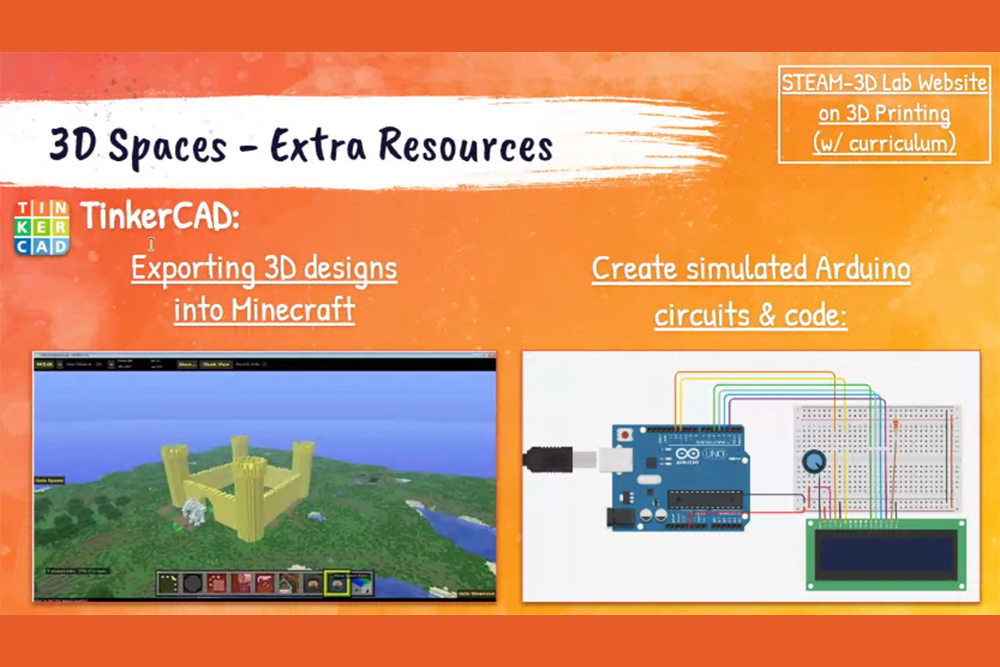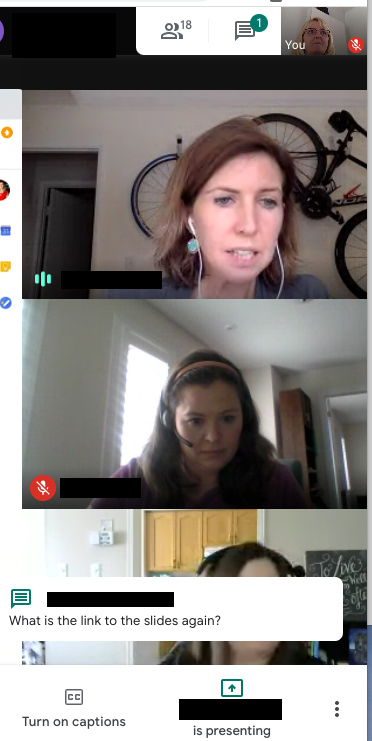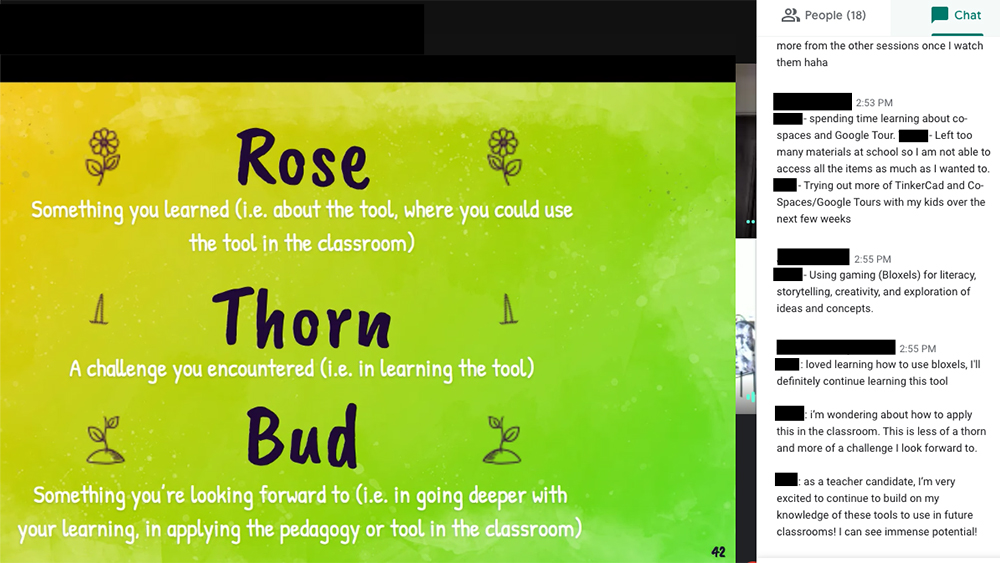How Ontario Tech’s Faculty of Education is offering teachers support during COVID-19 uncertainty
University demonstrating a wide array of interactive tools and technologies to engage students in learning
March 30, 2020

When are elementary and secondary school students going to be able to go back to school? That’s one of many questions being raised as society responds to the COVID-19 pandemic. As of March 30, the 2019-2020 school year remains in limbo, with no firm back-to-school date on the horizon. This situation is particularly stressful for students in Grade 12, who need to graduate to continue on to post-secondary studies.
Kids are out of school indefinitely, but they need to keep learning
This period of uncertainty has led some parents to create homeschooling programs for their children:
- During the week of March 23, the Ontario Ministry of Education introduced the Learn at Home online resource, which primarily focuses on literacy and mathematics activities.
- Elementary students also have access to a suite of educational programming on TV Ontario, including shows that teach mathematics, science and language. Secondary school students can access applied and academic courses through an online learning portal.
- The Ministry of Education has now asked school boards to develop plans that will reunite teachers with their students and/or parents/guardians to ensure teacher-directed student learning will continue.
Teachers’ concerns about online learning
Very few teachers have taught fully online classes, although some do enhance learning with a variety of technology tools such as class websites, or use Google Classroom to augment their teaching.
Concerns raised by teachers during intermittent province-wide strikes over the past several months include the province’s decision to implement mandatory e-learning. Teachers’ unions have objected to this plan , citing quality of education and lower success rates, especially for students who ‘don’t learn well in a self-directed environment, without the guidance of dedicated education professionals’.
Other logistical issues teachers have flagged:
- How do you ensure equitable access for students who live in poverty, have to share devices with siblings and parents, or have limited Wi-Fi capacity?
- What platforms will be accessible for teachers to use?
- Will they be allowed to videoconference with their students or will there be ethical issues to consider? Will they use a synchronous or asynchronous approach? How will their approach to teaching methods need to shift to engage their students?
- How will teachers be able to teach their classes online while still monitoring their own children at home?
How Ontario Tech University’s Faculty of Education is helping
While most questions cannot be answered without further direction from the Ministry and school boards, Ontario Tech’s Faculty of Education is offering various supports.
Dr. Janette Hughes, Canada Research Chair in Technology and Pedagogy , and her research team in the STEAM3D Maker Lab , have jumped at the chance to help teachers prepare for what might be coming.
“There is a lot of anxiety for parents, teachers and students right now,” says Dr. Hughes. “The Faculty of Education has a lot of expertise around online teaching and learning, as well as on how to use a wide array of interactive tools and technologies to engage students in learning.”
Dr. Hughes’ STEAM3D Maker Lab has developed a variety of teaching and learning sessions for the Google Meet video-conferencing platform. The first public session on March 25 (‘Online Making’) was primarily advertised to pre- and in-service educators (from elementary all the way to higher education) to explore a variety of virtual maker tools in three themes:
- Coding (with Scratch Edu and MakeCode)
- 3D Spaces (with TinkerCad and CoSpaces Edu)
- Gaming (with Bloxels Edu and Minecraft Edu)
Selected observations shared by teacher-participants:
- “Trying out more of TinkerCad and Co-Spaces/Google Tours with my kids over the next few weeks.”
- “I am applying what I've learned and am learning more from the other sessions once I watch them.”
The overwhelming feedback in the session provided an entry point into ‘making’ (classroom culture that promotes inquiry-based design and discovery, often resulting in the creation of digital products) with virtual tools. Participants are excited to continue their exploration of the tools and finding ways to integrate them into their own teaching and learning practices.
The STEAM3D Maker Lab will host its next online learning session (a general overview of best practices associated with online teaching and learning for grades 7 to 12) Tuesday, March 31 from 1 to 3 p.m. Although this session is already at capacity, educators can follow the lab’s social media channel (@steam3dmakerlab) for updates on future sessions
Media contact
Communications and Marketing
Ontario Tech University
communications@ontariotechu.ca





